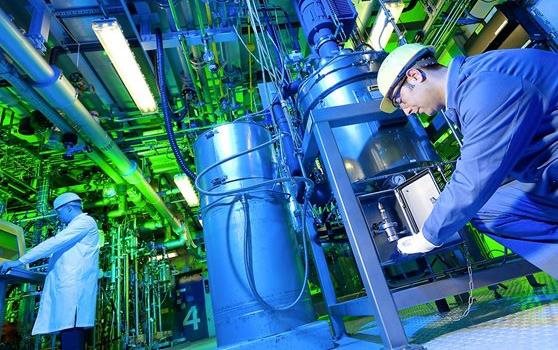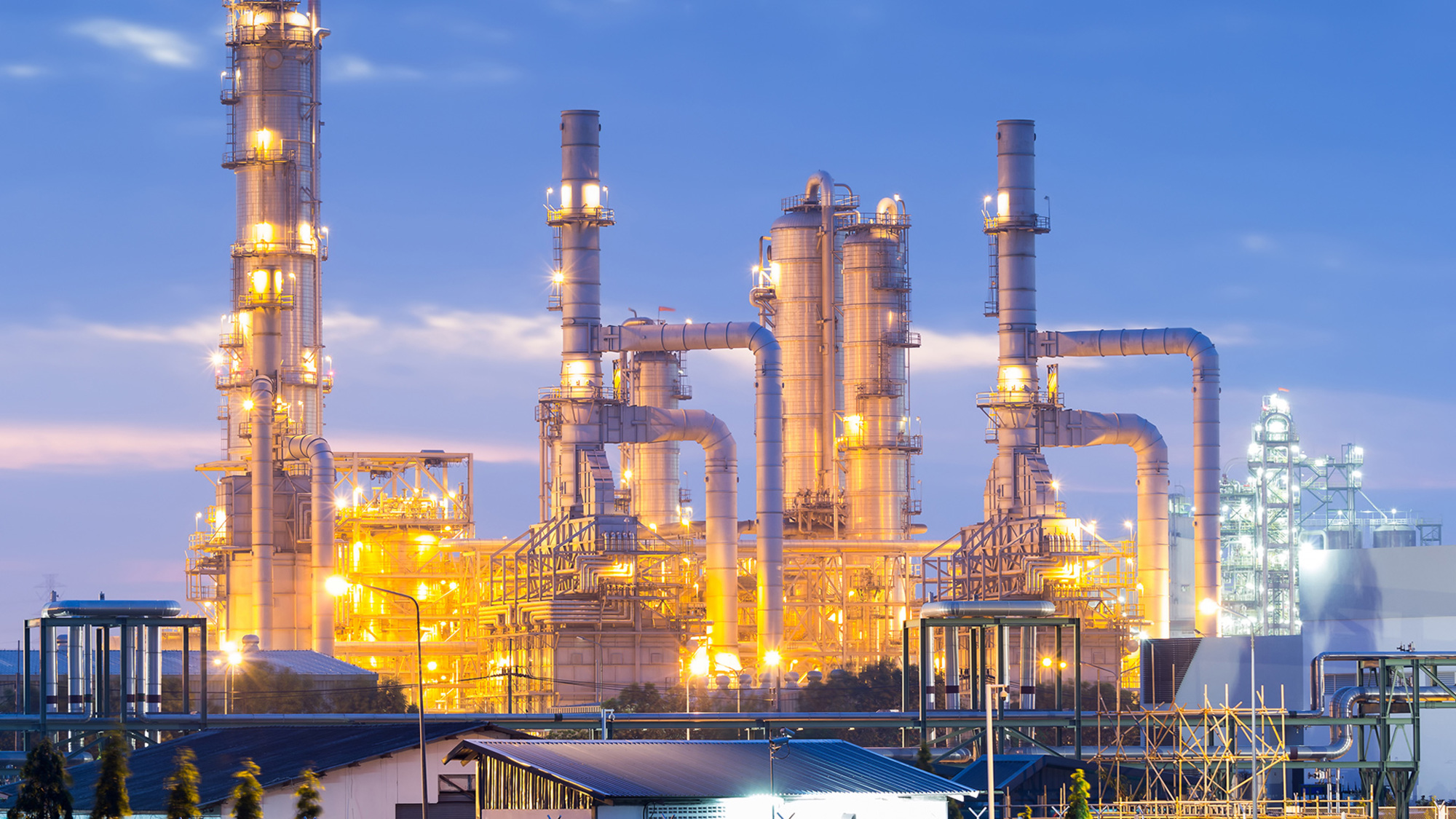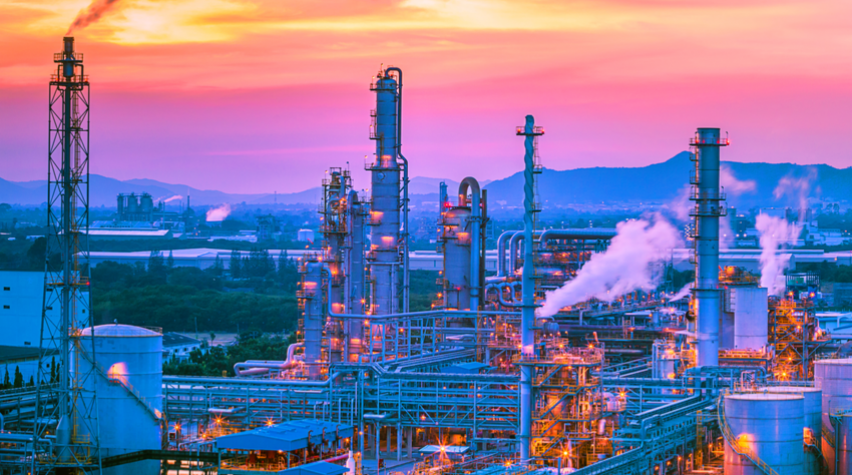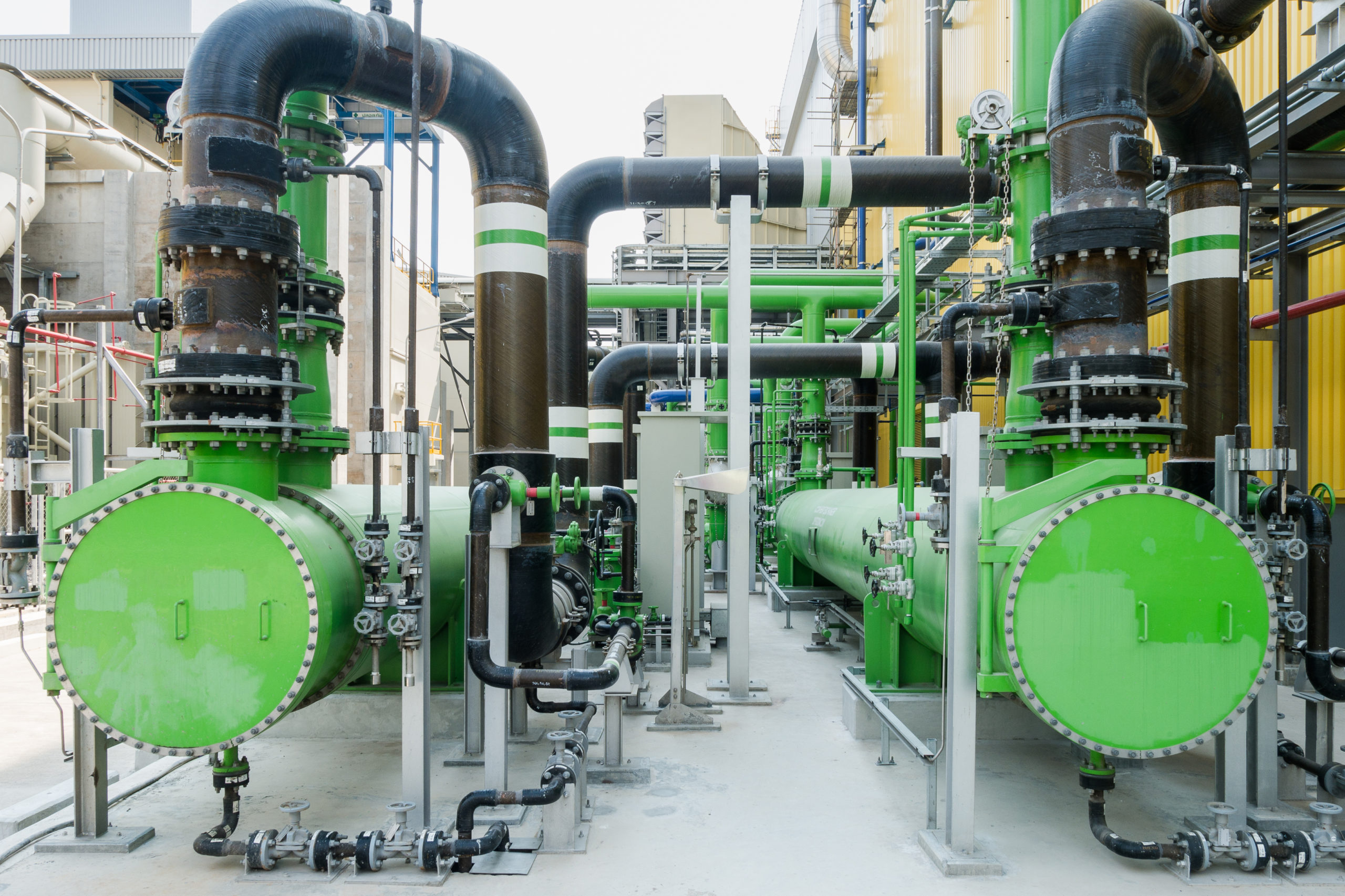Chemical processes are at the heart of modern industry, playing a pivotal role in the production of a vast array of products that are essential to daily life. From pharmaceuticals to plastics, fertilizers to fuels, chemical processes transform raw materials into valuable commodities through a series of well-coordinated steps. This article explores the fundamental principles of chemical processes, their applications in various industries, key types of processes, and the importance of sustainability and innovation in the field.

Fundamental Principles of Chemical Processes
Chemical processes involve the transformation of raw materials into desired products through chemical reactions and physical changes. These processes are governed by the principles of chemistry and engineering, ensuring efficiency, safety, and scalability. The fundamental aspects of chemical processes include:
- Reactants and Products: Chemical processes begin with raw materials, known as reactants, which undergo chemical reactions to form products. The choice of reactants and the desired products dictate the type of process used.
- Chemical Reactions: At the core of any chemical process are the chemical reactions, where bonds between atoms are broken and reformed to create new substances. These reactions can be classified as exothermic (releasing heat) or endothermic (absorbing heat).
- Catalysts: Catalysts are substances that accelerate chemical reactions without being consumed in the process. They are crucial in many industrial processes to increase efficiency and reduce energy consumption.
- Mass and Energy Balances: Effective chemical processes require careful consideration of mass and energy balances. This involves accounting for all inputs and outputs, ensuring that no mass or energy is lost or unaccounted for during the process.
- Separation Techniques: After the chemical reactions have occurred, the resulting products often need to be separated from by-products and unreacted materials. Techniques such as distillation, filtration, and chromatography are commonly used.
Applications in Various Industries
Chemical processes are integral to numerous industries, each utilizing specific methods to produce goods essential for various sectors of the economy. Some key industries and their applications include:
- Pharmaceutical Industry: The pharmaceutical industry relies heavily on chemical processes to develop and manufacture drugs. Processes such as synthesis, fermentation, and purification are used to produce active pharmaceutical ingredients (APIs) and formulate medications.
- Petrochemical Industry: This industry converts crude oil and natural gas into valuable products like gasoline, diesel, plastics, and synthetic rubber. Key processes include cracking, reforming, and polymerization.
- Agricultural Industry: Chemical processes play a crucial role in the production of fertilizers, pesticides, and herbicides. These products enhance crop yield and protect plants from pests and diseases, supporting global food production.
- Food and Beverage Industry: Chemical processes are involved in food preservation, flavor enhancement, and the production of additives. Fermentation, pasteurization, and enzymatic reactions are common processes in this industry.
- Materials and Manufacturing: The production of materials such as metals, ceramics, and polymers relies on chemical processes. Smelting, alloying, and polymerization are examples of processes that produce materials used in construction, electronics, and consumer goods.
Key Types of Chemical Processes

Chemical processes can be broadly categorized based on the type of reaction or transformation involved. Some of the key types include:
- Synthesis: Synthesis processes involve combining simpler substances to form more complex compounds. This is a fundamental process in the production of chemicals, pharmaceuticals, and materials. For example, the Haber-Bosch process synthesizes ammonia from nitrogen and hydrogen.
- Decomposition: Decomposition processes break down compounds into simpler substances. This can be achieved through heat (thermal decomposition), light (photolysis), or electricity (electrolysis). An example is the thermal decomposition of calcium carbonate to produce lime and carbon dioxide.
- Oxidation and Reduction: These processes involve the transfer of electrons between substances. Oxidation refers to the loss of electrons, while reduction refers to the gain of electrons. These reactions are crucial in energy production, such as in fuel cells and batteries.
- Polymerization: Polymerization processes link monomer molecules to form polymers. This is the basis for producing plastics, synthetic fibers, and rubber. Examples include the polymerization of ethylene to produce polyethylene.
- Hydrolysis: Hydrolysis involves the reaction of a compound with water, leading to the breakdown of that compound. This process is important in the production of soaps and detergents, where fats are hydrolyzed to produce glycerol and fatty acids.
- Fermentation: Fermentation is a biological process that converts sugars into alcohol, acids, or gases using microorganisms like yeast and bacteria. It is widely used in the production of alcoholic beverages, biofuels, and certain food products.
Sustainability and Innovation in Chemical Processes
As the global population grows and environmental concerns become more pressing, the chemical industry faces the challenge of producing more with less impact on the environment. Sustainable chemical wdbos processes aim to reduce waste, lower energy consumption, and minimize the use of hazardous substances. Key strategies include:

- Green Chemistry: Green chemistry principles focus on designing chemical products and processes that reduce or eliminate the use and generation of hazardous substances. This includes using renewable feedstocks, improving atom economy, and developing safer solvents.
- Energy Efficiency: Enhancing energy efficiency in chemical processes can significantly reduce greenhouse gas emissions and operating costs. Innovations such as heat integration, process optimization, and the use of alternative energy sources are critical.
- Waste Minimization: Reducing waste generation and improving waste management are essential for sustainable chemical processes. Techniques such as recycling, reuse, and valorization of by-products help achieve this goal.
- Biotechnology: The integration of biotechnology in chemical processes offers sustainable alternatives to traditional methods. Biocatalysis, bio-based feedstocks, and fermentation are examples of how biotechnology can produce chemicals with lower environmental impact.
- Process Intensification: Process intensification involves developing technologies that make chemical processes more efficient, compact, and sustainable. This includes advancements like microreactors, membrane reactors, and modular process units.
The Future of Chemical Processes
The future of chemical processes lies in the continued advancement of technology and the adoption of sustainable practices. Key areas of development include:
- Digitalization and Industry 4.0: The integration of digital technologies, such as artificial intelligence, machine learning, and the Internet of Things (IoT), can enhance process control, optimization, and predictive maintenance, leading to more efficient and reliable chemical processes.
- Advanced Materials: The development of new materials, such as catalysts, membranes, and nanomaterials, can improve the efficiency and selectivity of chemical processes. These materials can also enable new reactions and process pathways.
- Circular Economy: Embracing the principles of the circular economy, where materials are reused and recycled, can reduce the environmental footprint of chemical processes. This involves designing processes and products that facilitate recycling and resource recovery.
- Sustainable Feedstocks: The shift from fossil-based to bio-based and renewable feedstocks is crucial for reducing the carbon footprint of chemical processes. This includes the use of biomass, waste materials, and carbon dioxide as raw materials.
- Electrification of Chemical Processes: Using electricity, especially from renewable sources, to drive chemical reactions can reduce reliance on fossil fuels and lower greenhouse gas emissions. Examples include electrochemical synthesis and the use of renewable hydrogen.
Conclusion
Chemical processes are the backbone of modern industry, enabling the production of a wide range of products essential to our daily lives. From pharmaceuticals to petrochemicals, and food processing to advanced materials, these processes transform raw materials into valuable commodities. As the industry faces growing environmental and economic challenges, the adoption of sustainable practices and innovative technologies will be key to ensuring the future viability and efficiency of chemical processes. By embracing green chemistry, energy efficiency, waste minimization, biotechnology, and process intensification, the chemical industry can continue to thrive while minimizing its impact on the planet.
Read More Article About “Facial Makeovers: Unveiling the Art of Cosmetic Transformation“
